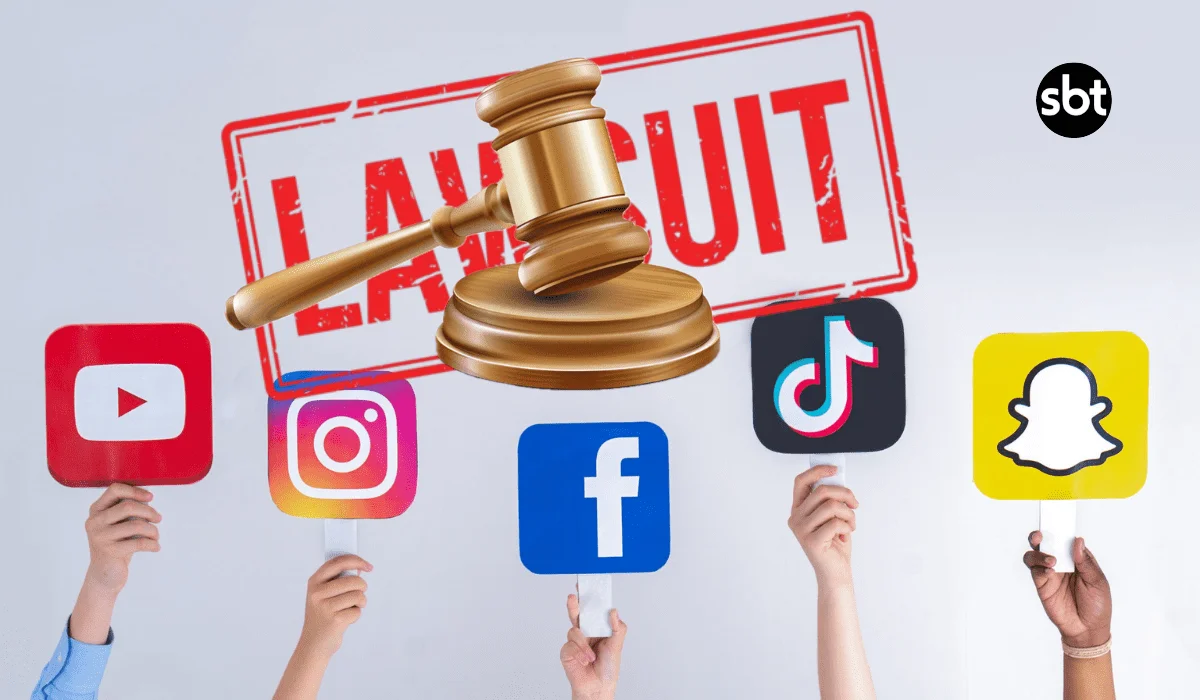In today’s digital age, social media platforms are both a blessing and a curse. They connect us, inform us, and often entertain us. But behind the filters and flashy posts lie deeper concerns—privacy, misinformation, user manipulation, and corporate accountability. Recently, a new name entered the legal battleground of social media scrutiny: Omni Drive. This article delves into the Omni Drive social media lawsuit, its implications, and what it means for users, tech companies, and the future of digital interaction.
What is Omni Drive
Before diving into the lawsuit, it’s important to understand what Omni Drive is. Omni Drive started as a seemingly innovative and ambitious tech company that promised to revolutionize cloud-based storage by integrating social media tools. Its core offering was a hybrid platform that combined cloud data sharing, collaborative tools, and social connectivity. Think of it as Google Drive meets Instagram—with a twist of business networking.
Omni Drive gained traction quickly, especially among influencers, freelancers, and digital entrepreneurs who loved the idea of sharing content and managing files in one unified space. But as the user base grew, so did concerns.
The Lawsuit: An Overview
The Omni Drive social media lawsuit erupted after a series of investigative reports, whistleblower statements, and user complaints. The legal action is centered around several serious allegations:
- Violation of user privacy
- Unauthorized data harvesting
- Manipulative algorithms
- Misrepresentation of services
- Negligence in safeguarding user data
The lawsuit has not only attracted media attention but also drawn the eyes of privacy watchdogs, cybersecurity experts, and legal professionals across the globe.
1. Violation of User Privacy
One of the cornerstone allegations against Omni Drive is the invasive collection and use of personal data. Users allege that the platform monitored not just their cloud-based files but also behavioral data such as how long they viewed a photo, what content they clicked on, and even keyword usage in private documents.
What makes this alarming is that users were not clearly informed about this level of data tracking. Critics argue that Omni Drive embedded ambiguous terms in its privacy policy—effectively masking full disclosure under dense legal jargon.
2. Unauthorized Data Harvesting
The lawsuit claims that Omni Drive sold or shared user data with third-party vendors, including marketing agencies and analytics firms. This data included sensitive information such as:
- Location history
- Uploaded files (images, documents)
- Contact lists
- Communication history
These actions, if proven true, would be in direct violation of international privacy regulations, including the General Data Protection Regulation (GDPR) in Europe and the California Consumer Privacy Act (CCPA) in the United States.
3. Manipulative Algorithms
Omni Drive’s algorithm also came under fire. The platform used AI-driven content curation to personalize feeds and recommend collaborators or business partners. While this might sound helpful, the lawsuit alleges that the algorithm prioritized engagement over user well-being.
This means users were shown content designed to provoke reactions—positive or negative—without any ethical considerations. Some claim that this led to increased anxiety, polarization, and addictive usage patterns.
4. Misrepresentation of Services
Another component of the legal action is the claim that Omni Drive misled users about the platform’s capabilities and safety features. Marketing materials boasted military-grade encryption, end-to-end data protection, and total control over shared content. However, the lawsuit alleges these were exaggerations or outright falsehoods.
Users who trusted the platform with confidential business documents, financial records, and personal photos now feel betrayed and vulnerable.
5. Negligence in Safeguarding User Data
In one of the most damaging claims, Omni Drive is accused of failing to protect user data. Multiple sources revealed that security flaws allowed unauthorized access to files, and in at least two known incidents, data breaches occurred, affecting thousands of users.
Although the company acknowledged these breaches, they were not disclosed promptly. This lack of transparency has been a key element in strengthening the plaintiffs’ case.
The Legal Response
Omni Drive has denied all allegations and insists that it operates within the framework of existing privacy laws. Their legal team argues:
- Users consented to data usage when they signed up.
- Data shared with third parties was anonymized.
- The algorithm is no different from industry standards.
- No intentional negligence was involved in the breaches.
However, legal experts are skeptical. The lawsuit may set a precedent if it results in a ruling against Omni Drive, especially in terms of how “consent” is interpreted in the digital age.
Public Backlash and Market Impact
Since the lawsuit went public, Omni Drive has faced massive backlash. Social media is flooded with #DeleteOmniDrive posts, and thousands of users have reportedly deactivated or deleted their accounts.
Investors are also reacting. Stock prices (for the holding company, if publicly traded) plummeted, and several high-profile partnerships have been paused or canceled. The company’s reputation, once glowing, is now tarnished and teetering on the edge.
What This Means for the Tech Industry
This lawsuit isn’t just about one company. It’s a wake-up call for the entire tech world. As governments worldwide crack down on big tech and data misuse, companies must begin prioritizing user transparency and data ethics.
If Omni Drive loses the case, it may face:
- Hefty fines
- A court-mandated change in privacy policies
- Potential restructuring or shutdown
- Class-action settlements for affected users
And other companies will be watching closely, knowing they could be next.
The User Perspective: A Trust Crisis
For users, the Omni Drive lawsuit feels personal. People trusted the platform with their personal and professional lives. Now, many feel violated and deceived.
This lawsuit reminds us of a crucial truth: In the digital age, data is currency—and trust is everything. Once trust is broken, it’s not easily rebuilt.
Conclusion
The Omni Drive social media lawsuit is still unfolding, and it’s too early to predict the final outcome. But regardless of the verdict, the impact is already being felt. It has opened conversations about ethical tech, user rights, and digital transparency.
This case underscores the growing demand for accountability in the tech space. As users, we must stay informed, read the fine print, and advocate for stronger protections. As for companies like Omni Drive, the message is loud and clear: respect privacy, or face the consequences.











